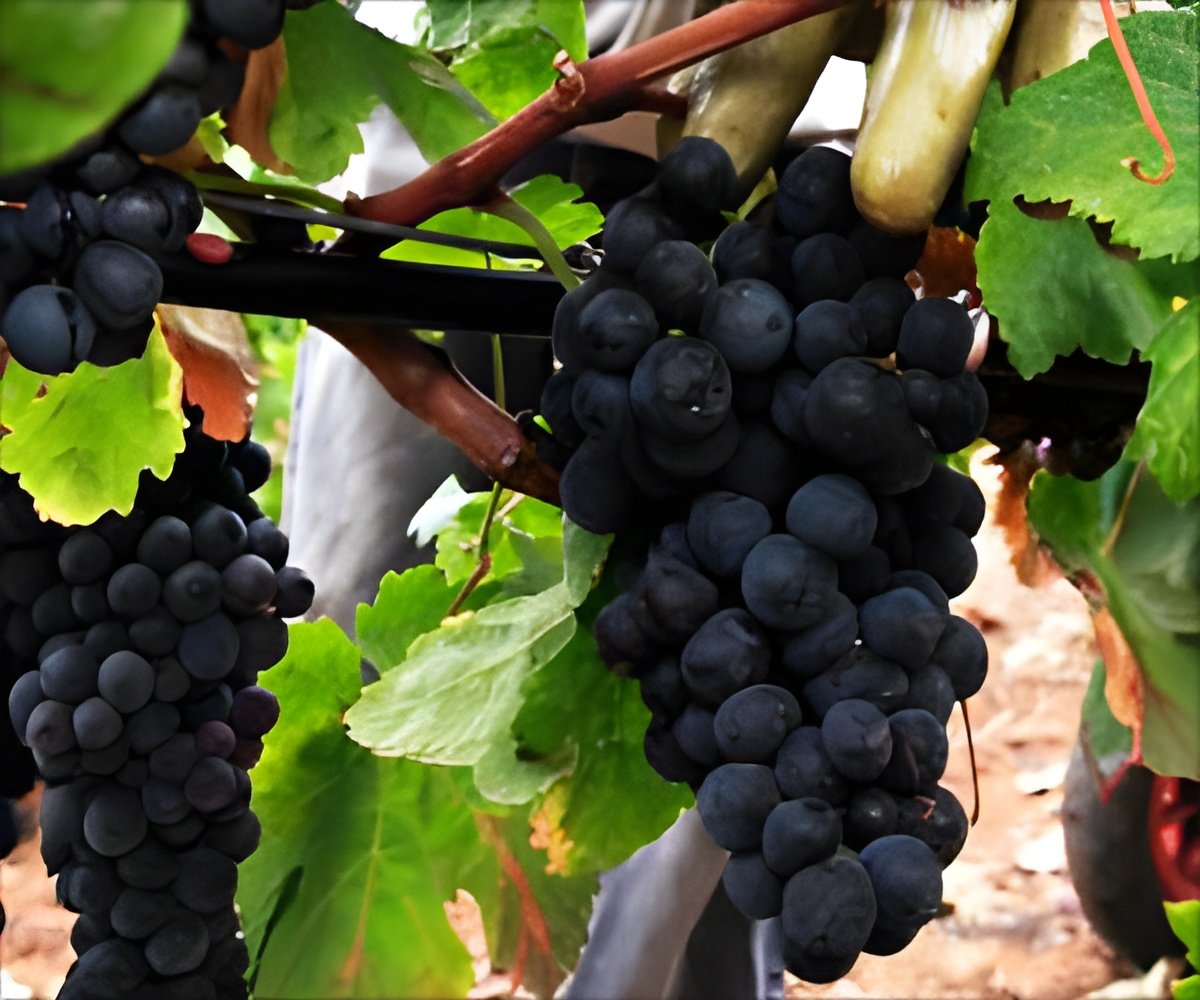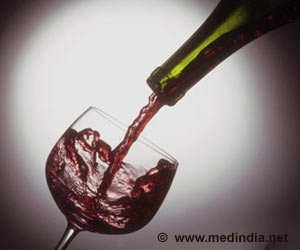Resveratrol showed little or no change in amyloid-beta40 (Abeta40) levels in blood and cerebrospinal fluid of people affected with Alzheimer's disease.

Principal investigator R. Scott Turner said that the results are very interesting and cautioned that the findings cannot be used to recommend resveratrol as it is a single study with findings that call for further research to interpret properly.
In the study, patients, who were treated with increasing doses of resveratrol over 12 months showed little or no change in amyloid-beta40 (Abeta40) levels in blood and cerebrospinal fluid. In contrast, those taking a placebo had a decrease in the levels of Abeta40 compared with their levels at the beginning of the study.
A decrease in Abeta40 is seen as dementia worsens and Alzheimer's disease progresses; still, researchers can't conclude from this study that the effects of resveratrol treatment are beneficial, explains Turner.
He added that it does appear that resveratrol was able to penetrate the blood brain barrier, which is an important observation. Resveratrol was measured in both blood and cerebrospinal fluid.
Turner says the study also found that resveratrol was safe and well tolerated. The most common side effects experienced by participants were gastrointestinal-related, including nausea and diarrhea. Also, patients taking resveratrol experienced weight loss while those on placebo gained weight. One outcome in particular was confounding, Turner notes.
Advertisement
Source-ANI








